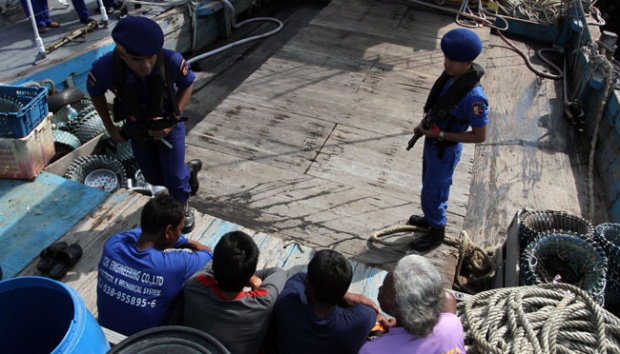Expert Warns of Sushi with Risks of Food Poisoning
Translator
Editor
28 June 2024 18:30 WIB

TEMPO.CO, Jakarta - Sushi enthusiasts, take note. Caution is advised when enjoying this delicious Japanese dish to avoid the risk of food poisoning.
Experts have shared their opinions on which types of fish can cause food poisoning, especially when consumed raw, and which are considered safe to eat. Here's their explanation.
According to Sam Martin, senior director and food safety expert at Microbac Laboratories, the amount of harmful bacteria in raw fish depends on how the fish is raised and stored, not the type of fish consumed.
"The most common bacteria in raw fish are Listeria monocytogenes, Vibrio, and Salmonella," he told HuffPost. "Bacterial exposure usually depends on the type of water the fish live in and the handling and storage processes after the fish are caught."
Avoid Raw Salmon
You might inquire about the process from fish living conditions to being prepared as sushi at the restaurant, but be assured they are likely to avoid answering. This is why Martin recommends avoiding raw salmon.
Salmon is at high risk of containing parasites compared to other types of fish. Recently, there have been issues with tapeworms found in salmon. The highest risk comes from eating it raw or uncooked, as in sushi. Raw salmon is also known to contain more common harmful bacteria such as Salmonella, Vibrio vulnificus, and E. coli.
Eels are also said to contain more parasites compared to other types of fish. However, since raw freshwater eel is toxic to humans, this fish (unagi) is served cooked in sushi restaurants. This method significantly reduces the risk of food poisoning as the heat kills the bacteria.
Tuna is also considered a risk for causing food poisoning when eaten raw. However, it is said to contain fewer parasites compared to salmon.
TEMPO.CO
Click here to get the latest news updates from Tempo on Google News























